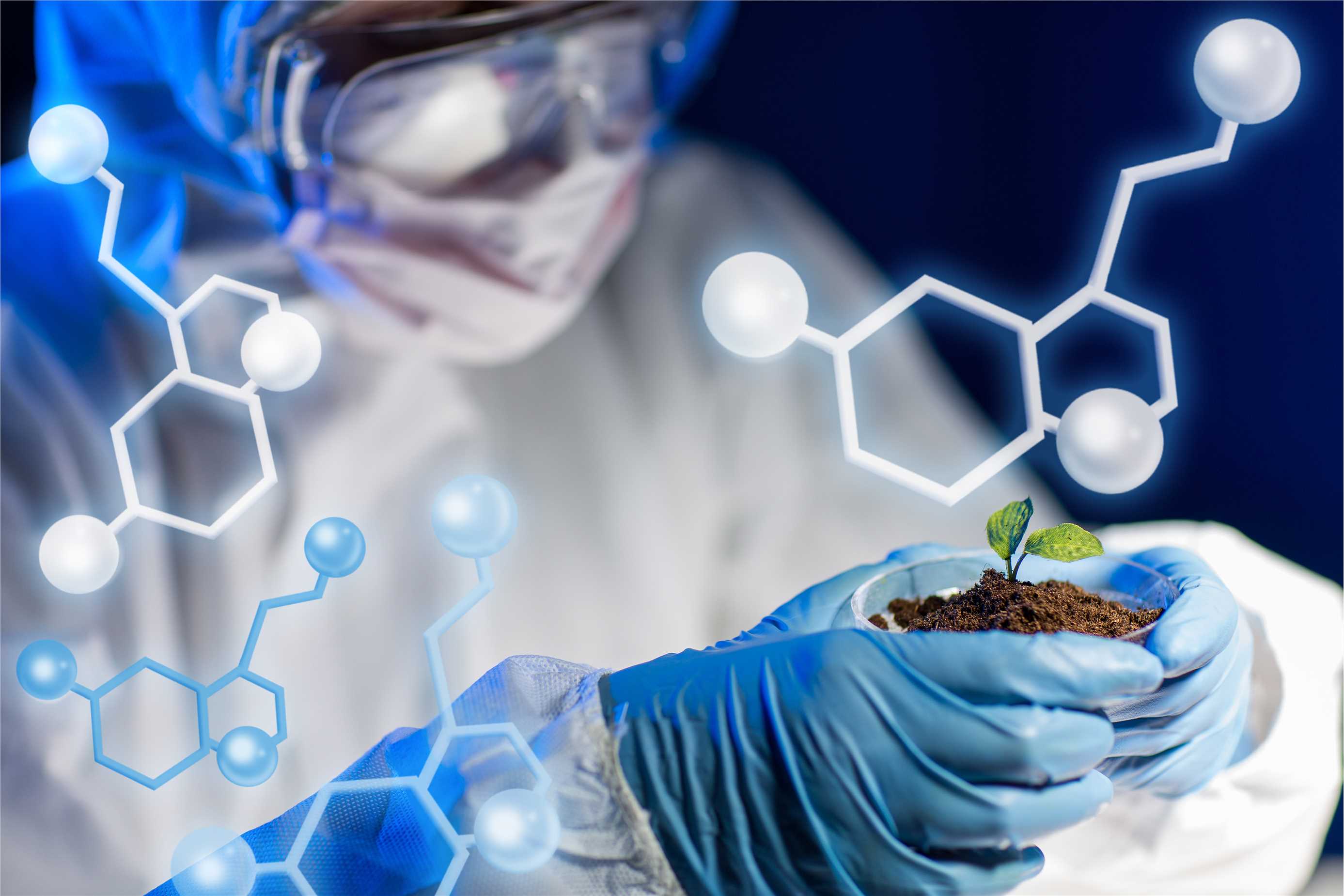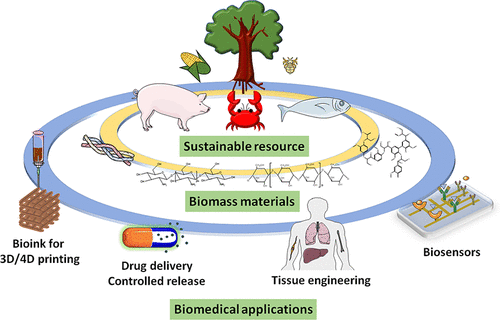
EnzymoGenius™, our advanced enzyme AI design platform, offers a comprehensive suite of services, products, and solutions tailored to the domain of sustainable biomaterials research. With a focus on enzymatic processes and biocatalysis, our offerings are designed to accelerate advancements in sustainable biomaterials, enabling scientists and researchers to address the critical challenges in this field.
Introduction to Sustainable Biomaterials
Enzymes play a crucial role in the generation of sustainable biomaterials. These biological catalysts facilitate eco-friendly chemical reactions in biomaterial production, reducing the reliance on fossil fuels and harsh chemical processes. Biotechnological advancements have revealed specific enzymes that can degrade or modify polymers, paving the way for biodegradable, renewable biomaterials. Particularly, enzyme applications in cellulose and chitin manipulation demonstrate the potential for creating biomaterials with enhanced strength, flexibility, and water resistance. This progress reflects the vast potential for enzymes to generate innovative, environment-friendly materials that can support a variety of industrial applications. Synthetic biology approaches toward enzyme engineering might further revolutionize the sustainable biomaterials field, signifying the potential for significant leaps forward in this important area of research.
 Fig 1. Sustainable biomass materials for biomedical applications. (Li Y C E, et al., 2019)
Fig 1. Sustainable biomass materials for biomedical applications. (Li Y C E, et al., 2019)
How Can We Help?
- Enzyme Design and Optimization: Providing advanced tools for the design and optimization of enzymes, enabling researchers to enhance the efficiency of enzymatic reactions crucial for the development of sustainable biomaterials.
- Bioprocess Development: Solutions designed for the creation and scale-up of bioprocesses, ensuring the production of biomaterials in a sustainable and cost-effective manner.
- Biodegradability Assessment: Equipping researchers with tools for evaluating the biodegradability of biomaterials, ensuring their eco-friendly characteristics.
- Metabolic Pathway Analysis: Assisting in the identification and optimization of metabolic pathways for the production of bio-based materials, fostering the development of sustainable alternatives.
- Protein Engineering: Empowering researchers to optimize the performance of proteins and enzymes in various biomaterial synthesis processes.
- Custom Enzyme Development: Tailored enzyme design services that enable the creation of specific catalysts for unique biomaterial production requirements.
- Data Analysis and Modeling: Providing sophisticated tools for data analysis and modeling, facilitating a deeper understanding of enzymatic reactions and biomaterial production processes.
- Molecular Dynamics Simulations: Supporting the study of enzyme-substrate interactions and reaction mechanisms through molecular dynamics simulations.
Applicable Research Areas
- Bioplastic Development: Research support for biodegradable and sustainable bioplastics.
- Biofuel Production: Assistance in biofuel research, reducing reliance on fossil fuels.
- Biocomposite Materials: Support for eco-friendly biocomposite materials.
- Biomaterials for Medical Devices: Development of medical device biomaterials with biocompatibility and sustainability.
- Green Packaging Solutions: Aid in designing eco-friendly packaging materials.
- Textile and Apparel Industry: Backing research in sustainable textile and apparel materials.
- Waste Remediation: Tools for biomaterial research in waste cleanup.
- Agricultural and Food Science: Exploration of sustainable biomaterials for agriculture and food science with an emphasis on sustainability.
Our Competitive Advantages

AI-Driven Design
Leveraging AI algorithms for the design and optimization of enzymes, expediting research and development processes.

Predictive Modeling
Offering predictive modeling capabilities to anticipate outcomes and optimize biomaterial production.

Customization
Researchers can tailor tools to meet specific project requirements, ensuring versatility and adaptability.

Sustainability
Commitment to sustainability aligns with the goals of renewable chemical synthesis.
From enzyme design and bioprocess optimization to biodegradability assessment and metabolic pathway analysis, CD Biosynsis equips researchers with cutting-edge tools to accelerate their work. Our services are relevant to diverse research topics, including bioplastics, biofuel production, biocomposite materials, and more. With AI-driven design, customization, and scalability, we empower researchers to advance sustainable biomaterials with efficiency and precision. Contact us to explore the possibilities of sustainable biomaterials and drive innovation in this critical area of research.
Reference
- Li, Y. C. E. Sustainable biomass materials for biomedical applications. ACS Biomaterials Science and Engineering. 2019, 5 (5): 2079–2092.


































 Fig 1. Sustainable biomass materials for biomedical applications. (Li Y C E, et al., 2019)
Fig 1. Sustainable biomass materials for biomedical applications. (Li Y C E, et al., 2019) 


